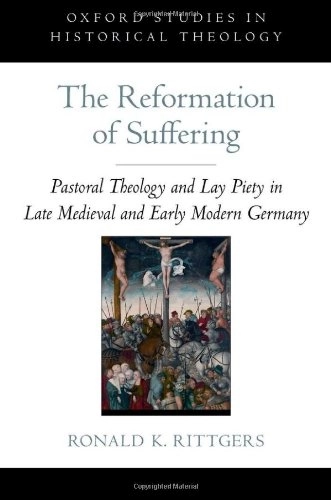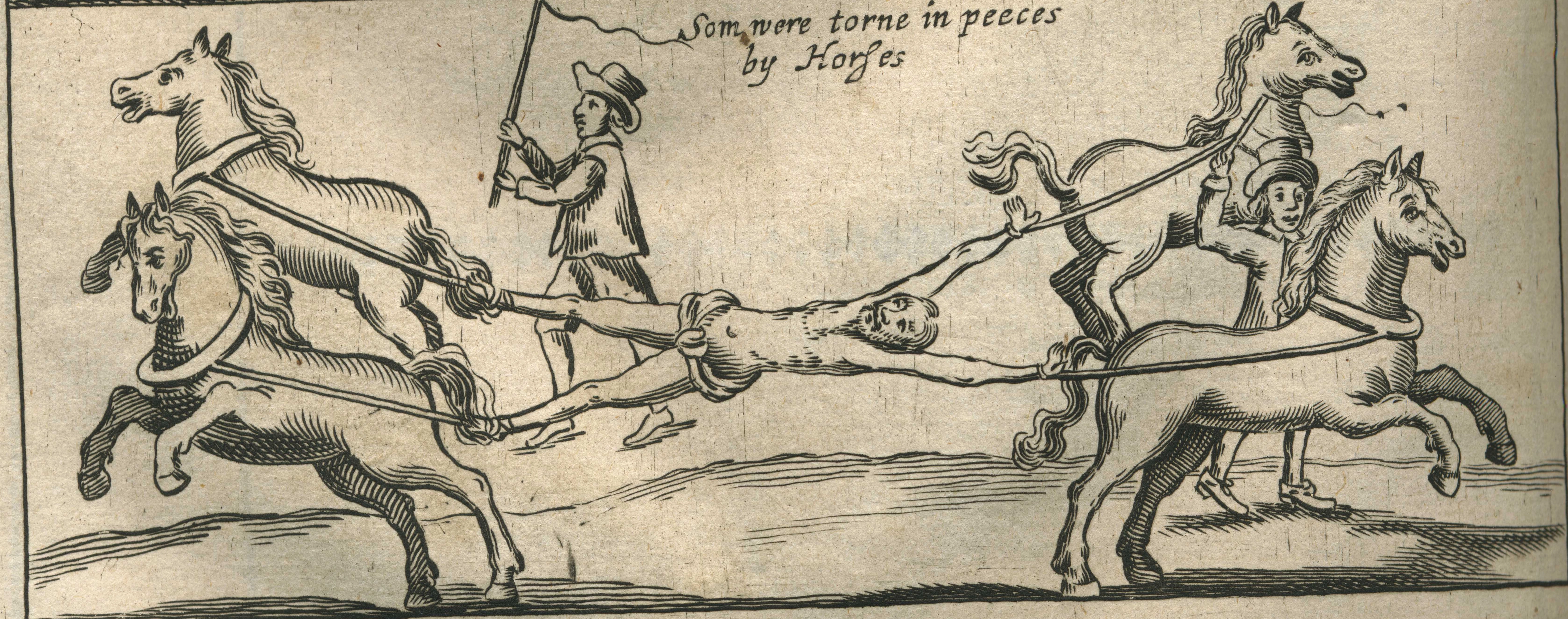Suffering Saints
During the seventeenth century, there were more than a hundred Catholic editions in English of exemplary lives of saints and other holy people, most of which emphasize a willingness – amounting sometimes to what appears to be a compulsion – to suffer pain and degradation, in conjunction with avowals of chastity and a rejection of…

The history of emotions
There's a good blog on the history of emotions here. It contains an interesting review of Javier Moscoso, Pain: A Cultural History, (Palgrave Macmillan, 2012), a work which I had not previously come across.…
Christia Mercer on suffering and sympathy
Here is a link to a PDF file placed in the public domain by Christia Mercer, Professor of Philosophy at Columbia College. Knowledge and Suffering in Early Modern Philosophy: G.W. Leibniz and Anne Conway Mercer also has a chapter in Sympathy: A History (OUP, 2015). The links are valid at the time of posting; if…
Suffering in Early Modern Germany
Ronald K. Rittgers, The Reformation of Suffering: Pastoral Theology and Lay Piety in Late Medieval and Early Modern Germany (OUP, 2012). Another recent publication, geographically outside the scope of my book, but thematically very much on-topic. Rittgers emphasizes Protestant patience in accepting suffering as part of God's will, but - unlike Meli…

Epicureanism and sedition
Misconceptions about Epicureanism were rife during the early modern period. The most deep-rooted and persistent misconception of all was the equation of Epicureanism with hedonism. Despite the sixteenth-century ‘“rehabilitation” of Epicurus by Valla, Erasmus, Ficino, and Landino (among others)’, and the fact that ‘Montaigne and Burton among others …

